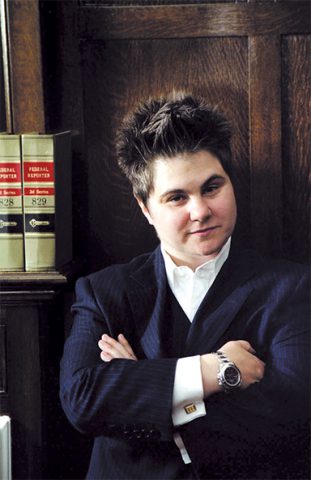Legal Advice from Yetta G. Kurland

Answers to your LGBT-focused legal questions
Dear Yetta,
My wife and I have been legally partnered in a civil union since 2006. Now that the United States Supreme Court has ruled that same-sex couples can marry nationwide, what happens to our civil union? Do we need to terminate or dissolve our civil union and get married? Does it matter that my state legalized same-sex marriage before the Supreme Court’s decision? –Dianna
Dear Dianna,
That’s a really great question. The Supreme Court’s decision in Obergefell was a landmark decision for our community because it ruled that the fundamental right to marry is guaranteed to same-sex couples. Same-sex couples are now granted the same benefits, protections and responsibilities under state and federal law as heterosexual couples. Since Obergefell requires that same-sex marriage be permitted in all 50 states, it is unclear whether civil unions and/or domestic partnerships will continue to be relevant or necessary.
Prior to Obergefell, several states provided alternatives to traditional marriage to same-sex couples through civil unions and domestic partnerships. Many of these legal unions did not grant same-sex couples the same benefits, protections and responsibilities under state law as those granted by marriage. As society became more accepting to same-sex couples, numerous states began to legalize gay marriage. As a result, some states repealed their civil union laws and converted existing civil unions into marriages, while others still maintained their civil union laws in combination with the legalization of same-sex marriage.
If you live in a state where such alternatives to traditional marriage were provided but then the state legalized same-sex marriage (prior to Obergefell), the status of your civil union may vary depending on the laws of the state. The same is true for states that provided such alternatives to traditional marriage but did not legalize gay marriage until the Supreme Court’s decision in Obergefell.
Needless to say, it’s important to consult a knowledgeable attorney who can help you navigate the current legal landscape in this area.
—Yetta
—
Email questions to to kurland@kurlandassociates.com or call 212-253-6911.
*This column is not a consultation with an attorney and should in no way be construed as such or as a substitute for such consultation. Anyone with legal issues or concerns should seek the advice of her own attorney.












